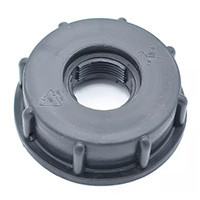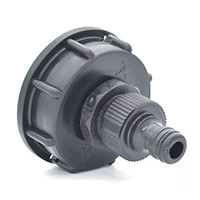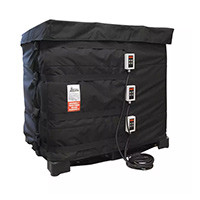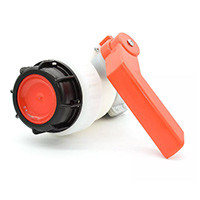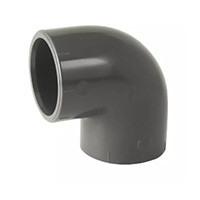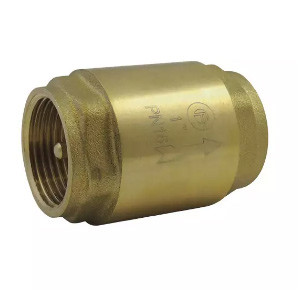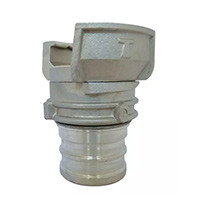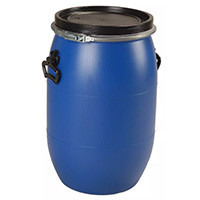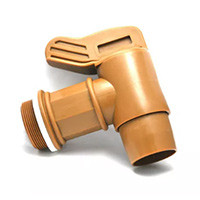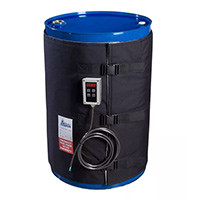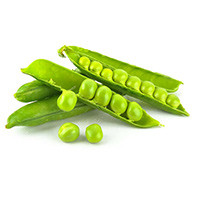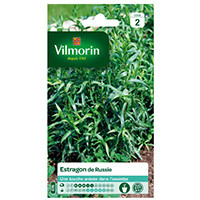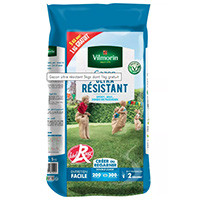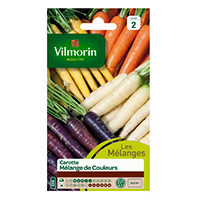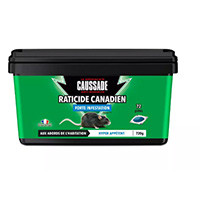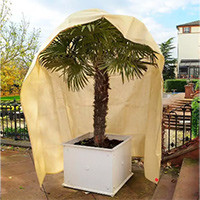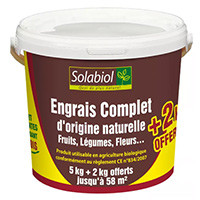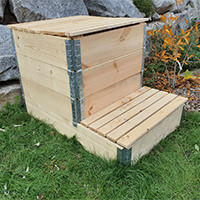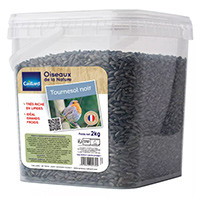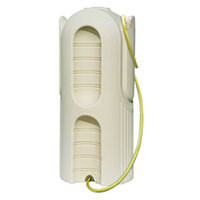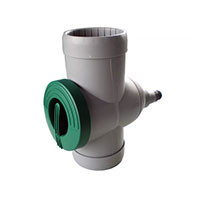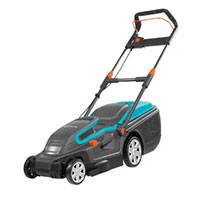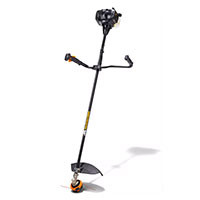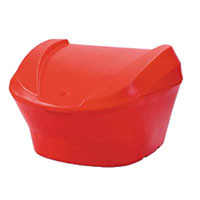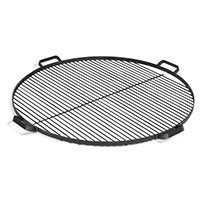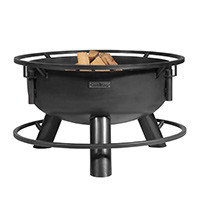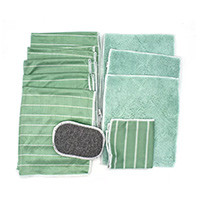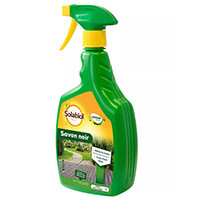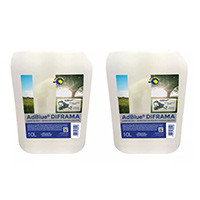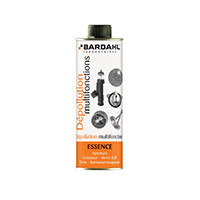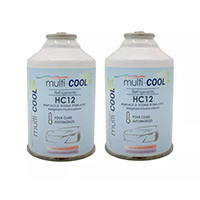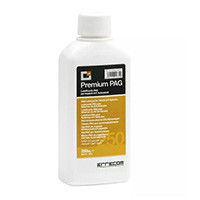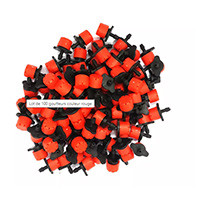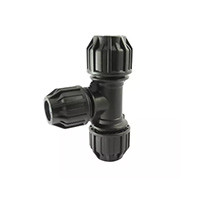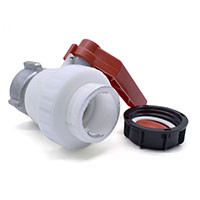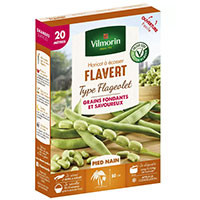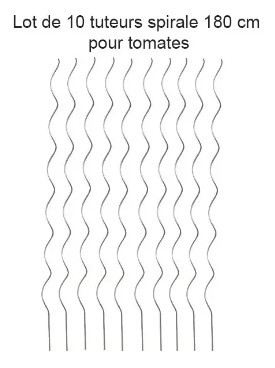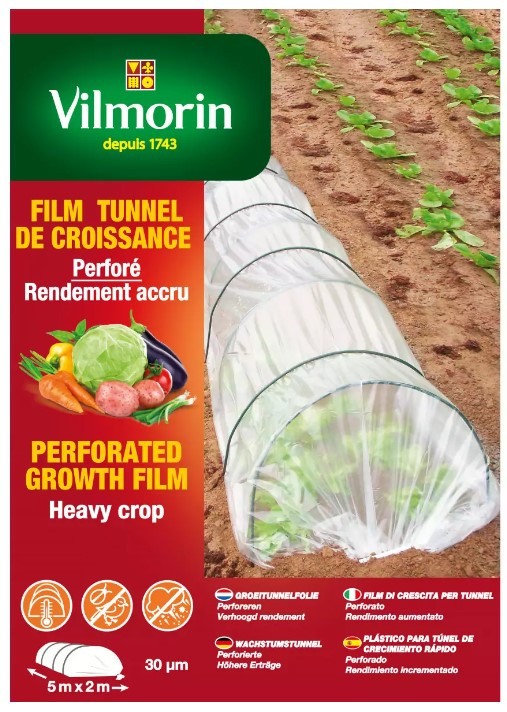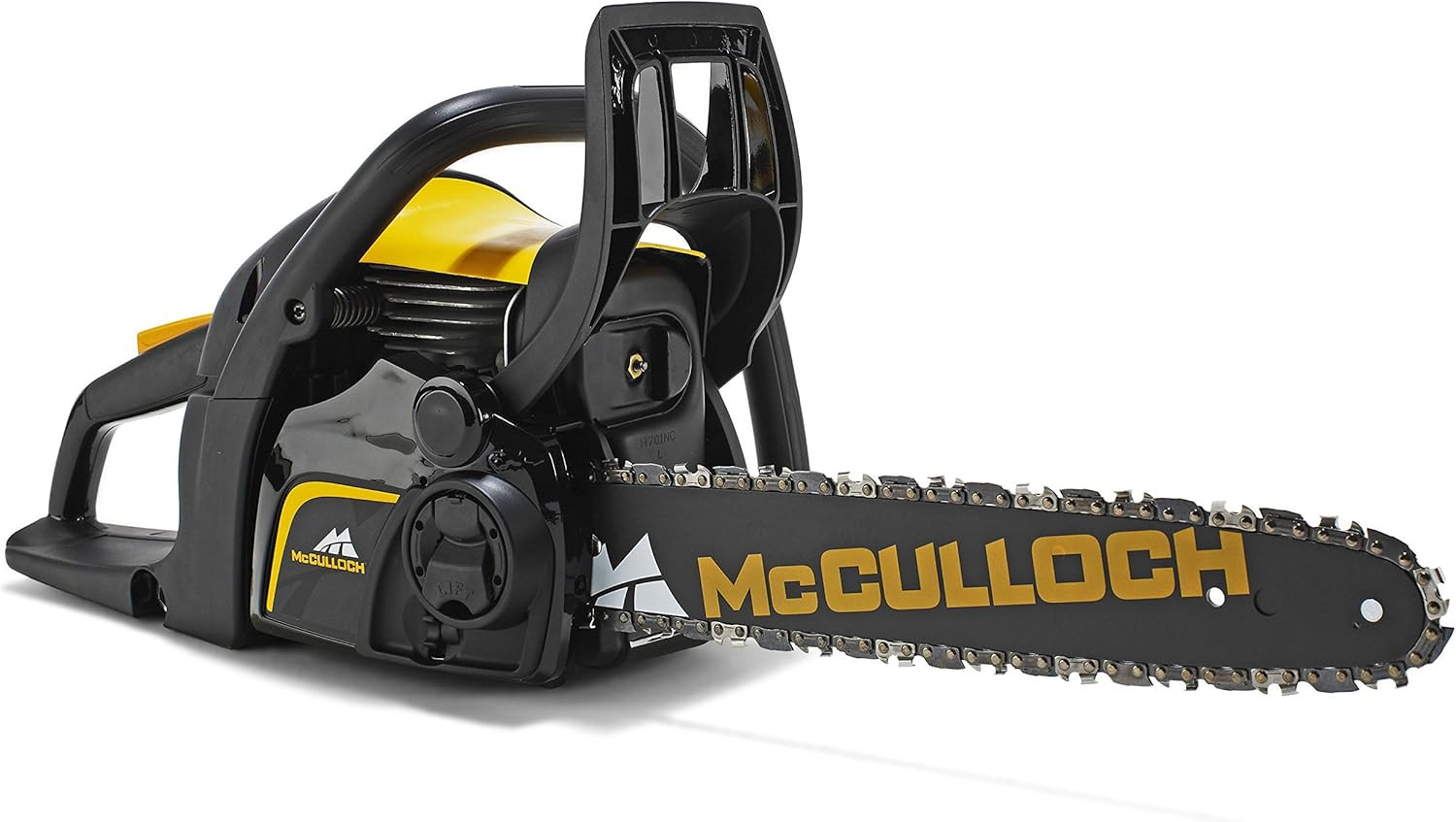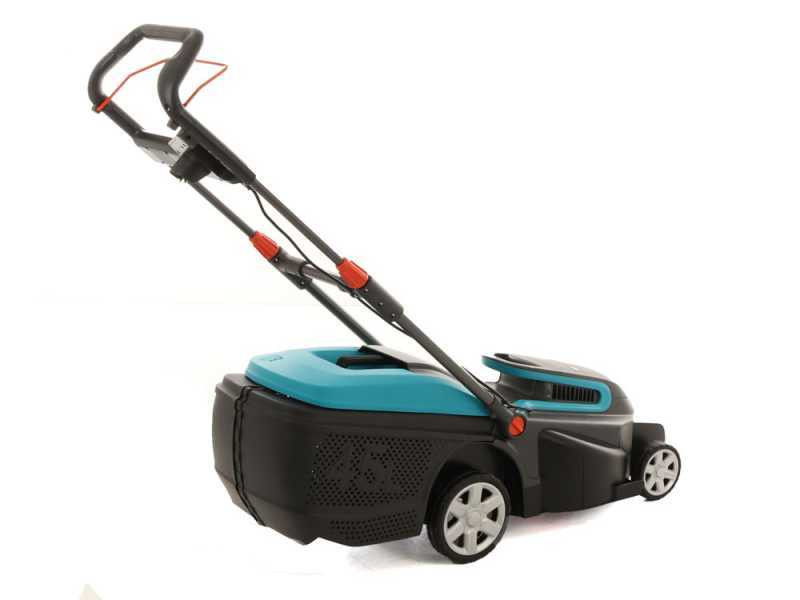
Keeping a beautiful garden all summer, instructions
Keeping a beautiful garden all summer, instructions
Each season, its lot of tasks to perform in the garden. Check out our top tips to keep it preserved throughout the summer!
Watering your garden: our tips
A garden that survives the summer, it is a well-wateredgarden. Inevitably, the higher the temperatures, the more the plants suffer from drought... That makes sense!
If watering them is a necessity, there is a big difference between pouring water on the earth in a counterproductive way and providing - in the rules of the art - to the plants and vegetables of the vegetable garden a sufficient water supply.
To complete this task, start by watering at the right time. Especially not in the middle of the day: the water may evaporate and your watering will be useless. Water rather early in the morning, or (this is the best option since the nights are not too cool) in the evening, once the temperatures have dropped.
You may also prefer abundant watering at these times than several waterings during the day, so you will avoid the appearance of diseases and fungi. If the amount of water depends on the plants and the nature of the soil, bear in mind that it is better to water at the foot of the plant than by sprinking - except for species that are fond of it, such as large-leaf vegetables for example.
To stay in the vegetable garden theme, note that if garlic, onion or potatoes do not need too much water, fruit vegetables such as zucchini, tomatoes or peppers require a much greaterwaterintake. It's up to you, then, to water accordingly!
Straw to keep cool
Despite a lot of attention to watering, there is still a fear of the lack of moisture in the soil. To remedy this, there is only one watchword: straw..
It is often mistakenly thought that mulching is reserved for the winter period because it helps to combat very low temperatures... Of course not!
Summer mulching is also extremely useful in helping water-intensive plants to spend the summer. Don't hesitate to install them at the foot of your vegetables, but also of your hedges, beds or shrubs. If there are different kinds of mulch, note that each of them has different properties.
- Grass mowing decomposes quickly, and is particularly suitable for vegetable gardens because of their nutritional virtues;
- The soil of dead leaves (be careful, these must be dry before being crushed) is more useful for strawing at the foot of shrubs and hedges;
- Straw or pine bark are all designated for fruit trees, and wood chips are excellent for aromatic plants.
You will have understood, there are a thousand and one ways to straw ... The important thing is to keep the soil cool and moist throughout the summer, without suffocating it. It's up to you!
Getting rid of pests
They are the dark beasts of gardeners: the "harmful". If they are called that, it is partly because they have the ability to inflict significant damage on crops,andsecondly because they are usually outnumbered in their ecosystem... And so, how hard it is to get rid of it!
Among them, we can mention snails and slugs,fond of lettuce leaves and other vegetables grown in the vegetable garden, so much so that they sometimes do not leave a crumb ... But also aphids, which feed on plant sap and weaken them.
There are several natural solutions to combat these invasive species:
- To prevent snails and slugs from moving, it is recommended that ash from chimney fires, coffee grounds or sawdust be distributed at the foot of plants;
- As for aphids, they fear soapy water - not to sprinkle on the most fragile plants, but are also the favorite prey of ladybugs. Promote biodiversity,for example by introducing ladybug larvae to the garden.
Keeping your lawn in good condition
It too can suffer from the rising temperatures that accompany the summer period: the lawn, the flagship element of the garden, requires special attention in summer.
You can start by raising the cutting height by a few centimetres, to preserve the soil from drought by making it easier to retain moisture. If you are not in an area where this is prohibited - for example by a drought order - also consider wateringit.
When this is not possible, space the mowingas much aspossible, requiring you to mow only every two or three weeks. Evenin the event that the grass turns yellow, it will regain a beautiful appearance as soon as the rain returns.
On Multitanks. com,find all the tools and equipment you need to maintain your garden! Please contact us for more information about our products or for expert adviceShare this content

